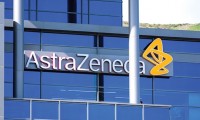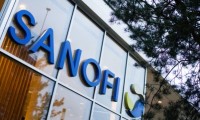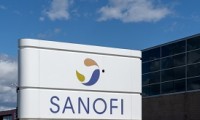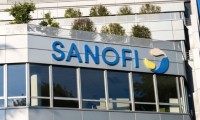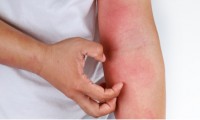-
AstraZeneca/Sanofi’s RSV antibody receives FDA approval for use in infants
- Source: drugdu
- 121
- July 22, 2023
-
Sanofi Puts Up $125M to Partner on Oral Drug That Could Be Dupixent’s Successor
- Source: drugdu
- 108
- July 22, 2023
-
Sanofi and Scribe Announce in Vivo Genetic Therapy Partnership Worth Over $1.2bn
- Source: drugdu
- 107
- July 20, 2023
-
Sanofi inks deal to help Saudi Arabia manufacture vaccines locally
- Source: drugdu
- 199
- July 7, 2023
-
Sanofi partners with local drugmakers to crank out vaccines at new manufacturing plant in Saudi Arabia
- Source: drugdu
- 104
- July 7, 2023
-
Sanofi outlines five-pronged approach to reel in €10B in vaccine sales by 2030
- Source: drugdu
- 109
- July 3, 2023
-
Sanofi’s amlitelimab shows promise in phase 2b atopic dermatitis trial
- Source: drugdu
- 188
- June 30, 2023
-
Sanofi’s $1.4B Bet Pays Off with Promising Phase II Eczema Data
- Source: drugdu
- 157
- June 29, 2023
-
Sanofi and Sobi’s haemophilia A treatment shows effective bleed protection in children
- Source: drugdu
- 191
- June 29, 2023
-
Sanofi, AstraZeneca’s RSV antibody for infants easily clears FDA adcomm, likely setting up approval
- Source: drugdu
- 164
- June 10, 2023
your submission has already been received.
OK
Subscribe
Please enter a valid Email address!
Submit
The most relevant industry news & insight will be sent to you every two weeks.

